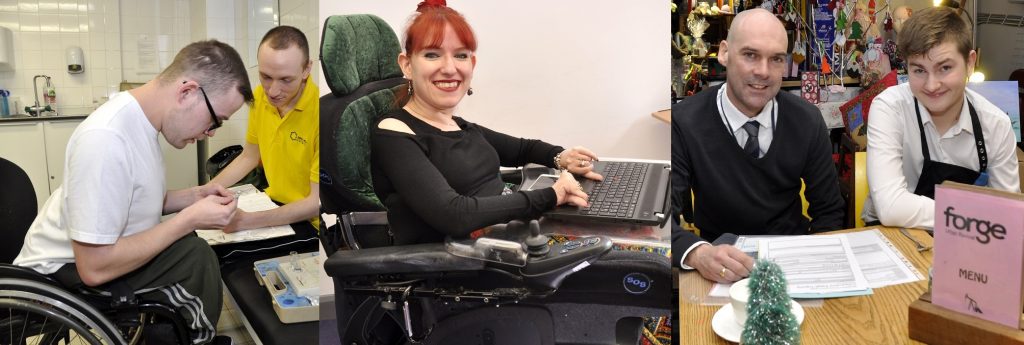Five Myths of Disability Employment

“Hiring employees with disabilities increases workers compensation insurance rates.”
This is not true – insurance rates are based exclusively on the relative hazards of the job role and workplace, employing someone with a disability does not have an impact on this.
“Someone with a disability is more likely to have sick days and time off work.”
This is not true – there is no evidence that tells us that people with disabilities are more likely to miss work. Statistics actually show that there is no difference in sick leave from people with disabilities and those without. Though Enable’s twenty years’ experience we have found that most individuals we have worked with are often extremely loyal to their employers and consistently turn up for work on time.
“Employers must protect employees with disabilities from failing.”
This is not true – People with disabilities have the right to the same experiences as their colleagues, this includes both success and failure. Failure is an important learning curve in the journey to success.
“People with disabilities do not have the skills required for business.”
This is not true – people who have disabilities often has to use problem solving and critical thinking in their day to day life, far more than someone who has not got a disability. These attributes are extremely desirable for any employer.
“Reasonable adjustments are costly, avoidable and a burden on businesses.”
This is not true – Reasonable adjustments can be as easy as changing break times to suit the individuals needs, moving work stations to make them more accessible and comfortable for the individual or allocating tasks differently for individuals to better cope with their workloads. The Equality Act 2010 means that it is a legal obligation for employers to make reasonable adjustments to accommodate people with disabilities, failing to do so can result in legal action being taken against the employer.









